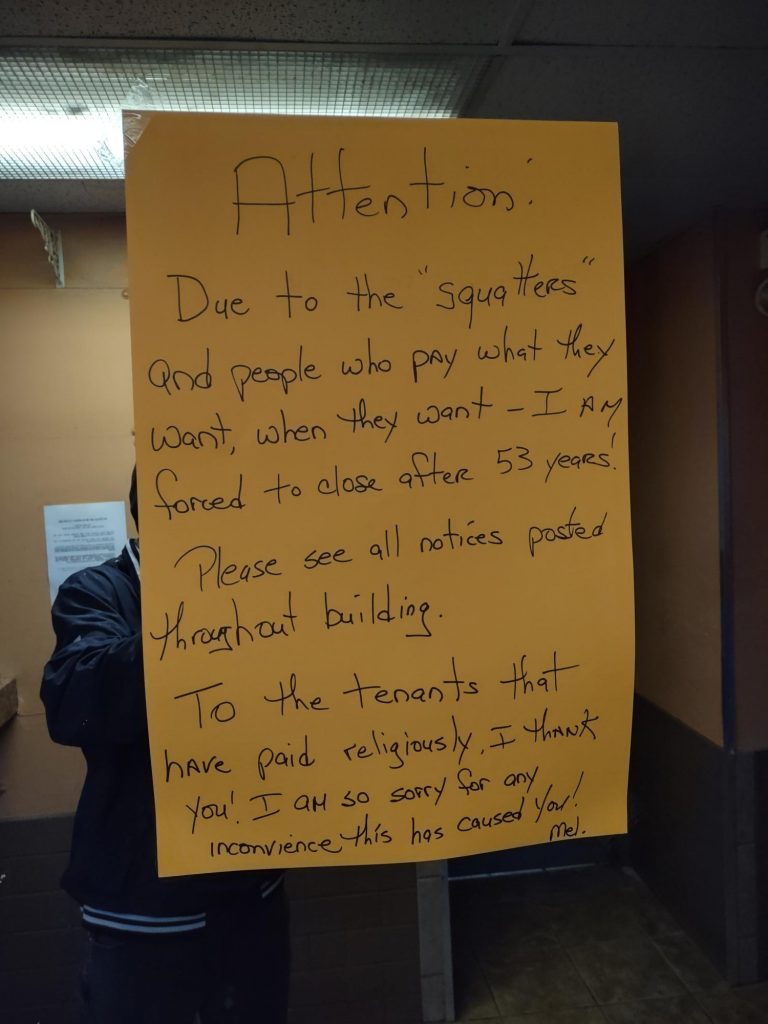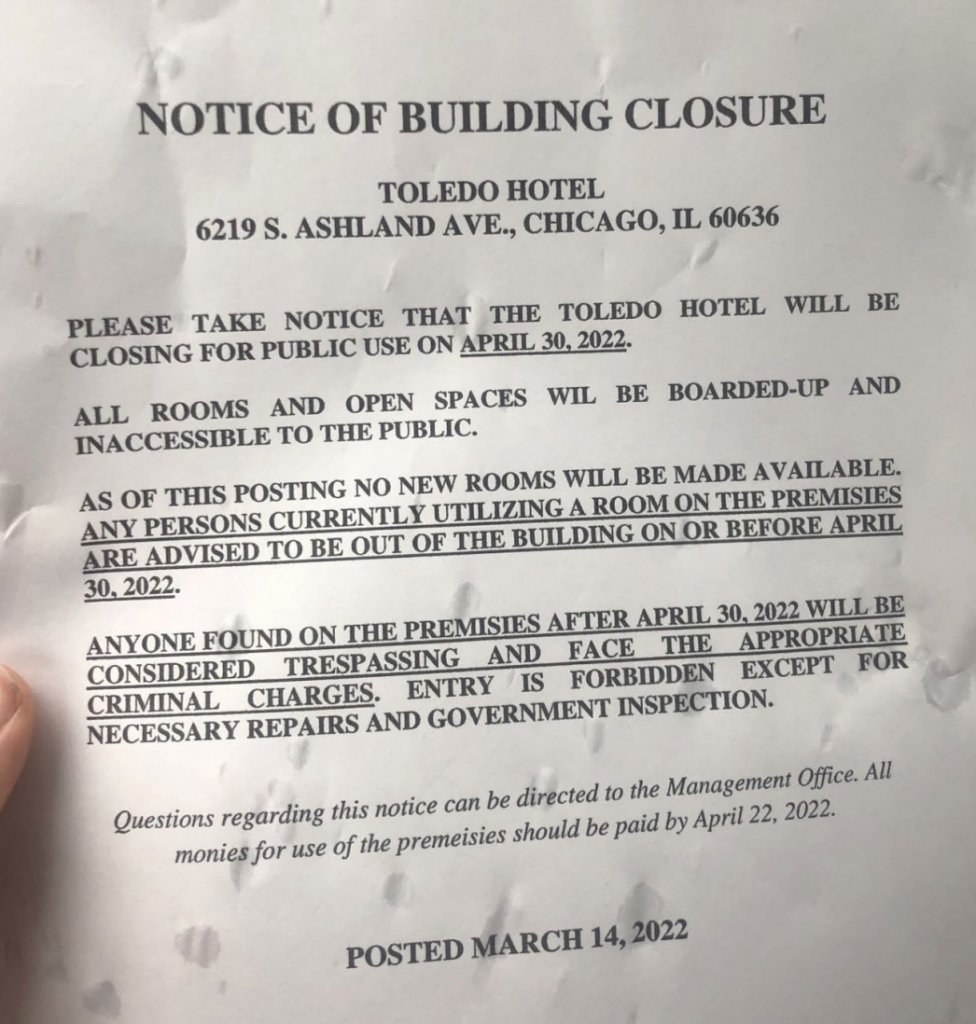By Anthony J. Perkins, October 3, 2023

During the 2023 mayoral runoff, a picture went viral on social media of an apartment with a Brandon Johnson sign in the window, above a giant Paul Vallas sign planted on the lawn by the building owner. As usual, a picture was worth a thousand words: renters for Johnson vs. landlords for Vallas.
Now, as the Bring Chicago Home campaign ramps up, we’re in yet another round of the battle between the renter and landlord classes. Bring Chicago Home would reform Chicago’s real estate transfer tax by creating a tax cut for property sales below $1 million and a progressive increase — higher tax rates on more expensive properties — on sales of properties valued at over $1 million, with the new revenue paying for affordable housing and essential services to end homelessness. With the referendum headed to the City Council for a vote to put it on the ballot in March, the Neighborhood Building Owners Alliance has now published a survey saying that a majority of landlords would raise rents in response to the effort.
So when the Neighborhood Building Owners Alliance starts wringing its hands and saying, “What about the renters?” you’ll have to forgive my skepticism. The alliance represents 600 members who own more than 180,000 rental units, an average of 300 rental units per landlord. These are not mom-and-pop landlords who rent their garden units. These are powerful political interests who for generations have raised rents, donated to landlord-friendly politicians and ferociously lobbied against any effort to tax any portion of their profits. They are not credible messengers on what’s best for renters like me.
There’s plenty of evidence to suggest that Bring Chicago Home will not, in fact, result in rising rents for the overwhelming majority of Chicagoans. Because of the graduated tax structure, most property sales will actually experience a decrease in their transaction taxes, including 94% of all two- to four-unit, multifamily buildings. In fact, two-thirds of the projected revenue will come from properties worth more than $10 million — not mom-and-pop multifamily homes, but large buildings with hundreds of rental units. Sound familiar?
Bring Chicago Home is a carefully considered, soundly constructed policy that is good for the overwhelming majority of renters and homeowners in our city, but that’s not what matters to organizations like the Neighborhood Building Owners Alliance and landlords. What matters to them is their ability to keep making a profit by raising rents, cutting costs, and pushing out poor and working-class people when we can no longer afford to live in their investment properties.
That’s why big landlords are attacking Bring Chicago Home, and it’s why we shouldn’t trust a single thing they say about it.
Anthony J. Perkins, a housing leader with One Northside and the Bring Chicago Home campaign, is a disabled senior citizen who currently lives in a Chicago Housing Authority senior housing building in Edgewater.



